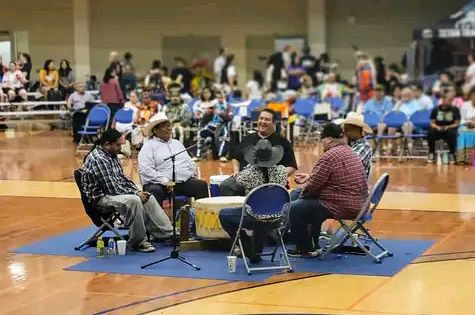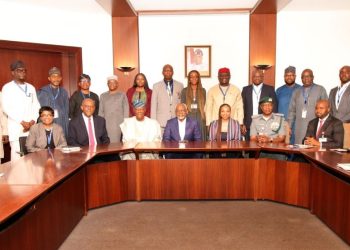The United States has announced that over 500 American undergraduate and graduate students from all 50 states, the District of Columbia, and Puerto Rico selected for the Critical Language Scholarship (CLS) Program for summer 2024.
This was disclosed by the States Department in a statement on Monday stated that this is to expand the number of Americans studying and mastering foreign languages which are critical to national security and economic prosperity.
And also to meet the President Joe Biden and his Vice Kamala Harris Administration’s commitment to support increased diversity and inclusion in higher education and international exchanges.
It was further stated that recipients are United States students enrolled in accredited degree-granting programs at undergraduate and graduate level at the time of application.
Adding that they represent 247 U.S. colleges and universities, of which 22 are community colleges and 56 are minority-serving institutions.
For the 2024 cohort, approximately half of CLS recipients self-identify as racial or ethnic minorities and nearly twenty percent are first-generation college or university students”, the statement said.
It noted that eighty are recipients of CLS Spark, an initiative of the CLS Program which provides virtual instruction to undergraduate students at the beginning level of Arabic, Chinese, and Russian and targets students who do not have access to studying these languages at their home campus.
The statement revealed that since the program’s inception, more than 9,100 U.S. students have received scholarships to study critical languages around the globe.
“Seventy-nine percent of alumni who participated in a recent survey identify language skills as having made them more competitive candidates when searching for jobs, which include careers across the public and private sector.
“The CLS Program is an initiative of the U.S. Department of State’s Bureau of Educational and Cultural Affairs (ECA) and is supported in its implementation by the American Councils for International Education”, the statement concluded.












